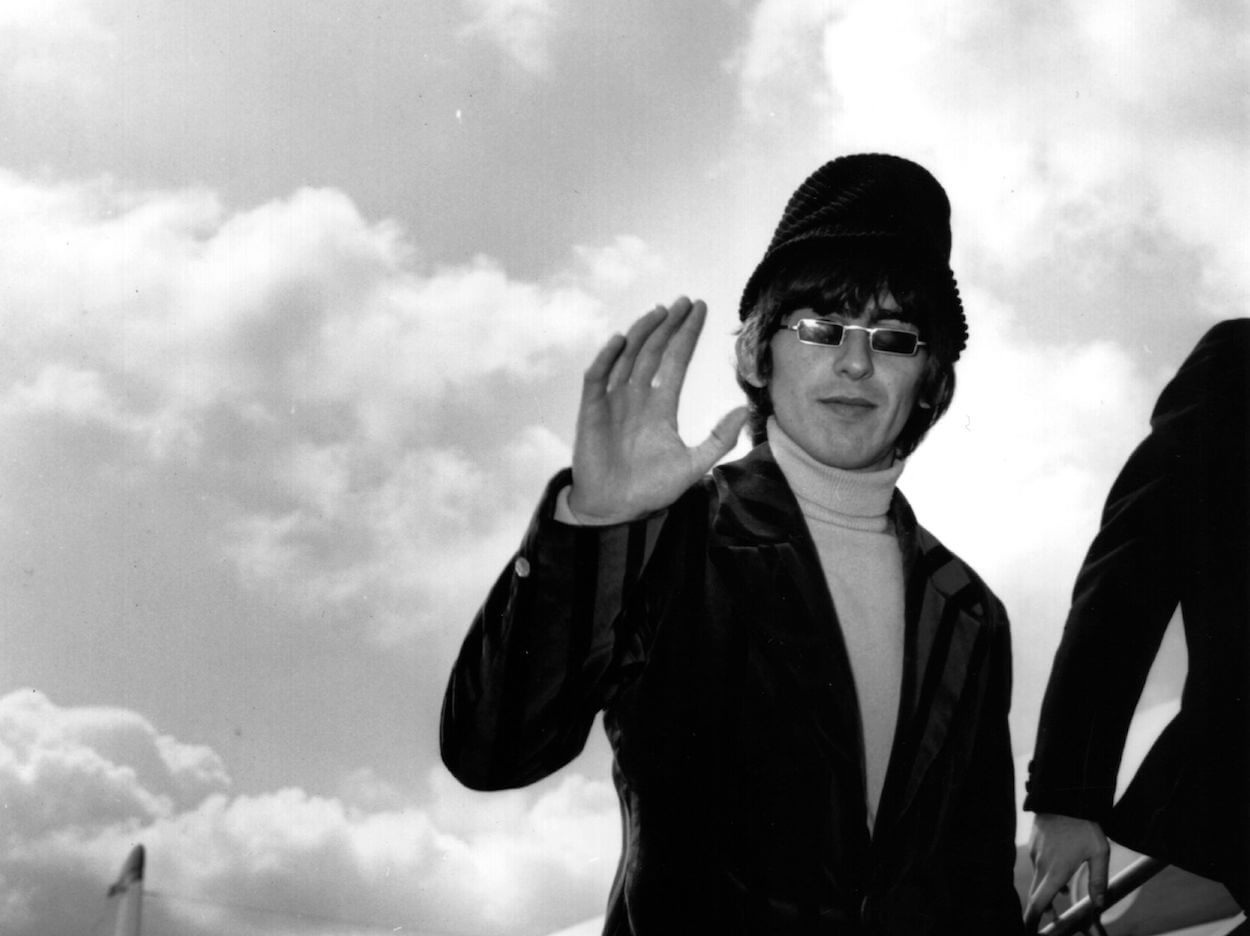
George Harrison’s Demo for ‘Love You To’ Reveals the Song’s Fascinating Evolution
It took time, but George Harrison proved he was hardly the third wheel among The Beatles’ songwriters. He might have been the most progressive writer in the group and wrote several experimental songs that saw him dabbling in technicolor psychedelia and Indian music. George’s demo for “Love You To” is a wonderful look at how the sitar- and tabla-led Revolver song took shape from the bare-bones acoustic version.

George Harrison brought Indian music to Western audiences with ‘Love You To’
It wasn’t the first Beatles song with George on sitar (that would be “Norwegian Wood”), but “Love You To” was the first Fab Four tune where the Indian instrument takes the lead. George turned the Revolver song into a showcase for the sitar, starting with two lush opening strums.
From there, George layered in some drones underneath a gentle mini solo and then launched into the song proper. He performed several memorable riffs during the song’s three-minute runtime, including a solo starting at the 1:35 mark. The galloping coda featuring the sitar was unique for a Beatles song and certainly an experimental moment.
George included insistent tablas as the main percussive instruments and a tambura (which resembles a fretless sitar) providing background drones.
The album version was a highlight of the album many fans consider The Beatles’ best. George’s “Love You To” demo is a fascinating look at how much the song developed and how much thought he put into it.
George’s acoustic demo for ‘Love You To’ is a wonderful glimpse at the song’s development
George’s first “Love You To” demo (via The Beatles’ YouTube channel and the Revolver Super Deluxe release) showed he had the lyrics finalized before recording it in 1966. Beyond that, the first version barely resembles the album cut, but it’s an exciting look at the song’s growth.
His acoustic guitar strums were the only musical accompaniment on the first take. They were barely audible by the time The Beatles finished recording it. Listening to the two versions of “Love You To” back-to-back shows that George had more than the lyrics planned out.
The demo version had built-in spaces for the sitar and tambura (which may have provided the brief drone sounds that fade into the mix during the song).
Hearing the first take demonstrated that George planned to have vocal assistance. The harmonies (on the two lines that end with “me” and the one that ends with “see”) were baked into the final mix from the beginning. Some Beatles fans believe “Love You To” was basically a solo George song, but it sure sounds like Paul McCartney provided the backing vocals on the first take.
An interesting side note to George’s “Love You To” demo is the origin of the song’s title. The first version started with an anonymous voice (producer George Martin?) providing a reference mark by saying, “Granny Smith, take one.” It’s a reference to the working title, one that George abandoned before Revolver went to the vinyl press.
George’s rough version of “Love You To” had just his voice, Paul’s harmonies, and acoustic guitar. But the stripped-down first version proved he had a plan to build it into the sonic powerhouse it became on the finished version.
‘Revolver’ gave the so-called quiet Beatle a chance to shine
Revolver became a showcase for George’s songs, not just because of “Love You To.” He had to fight and scratch to get his songs on Beatles records. The so-called quiet Beatle placed three songs on the record, which let him display his talents in full bloom.
We already discussed the impressive sonic architecture George created around his “Love You To” demo, so we won’t belabor the point. Revolver’s first song, “Taxman,” in which George complains about England’s punishing tax rate, is one of The Beatles’ most political songs. Both are among George’s best Beatles songs.
“I Want to Tell You” brilliantly rides a hammering piano riff to a backward-building guitar line between verses. The off-kilter music fits well with the lyrical narrative where George’s protagonist gets so nervous around their love that they forget what they want to say.
Fans might not have known The Beatles had a third sharp songwriter in the band. George Harrison’s demo for “Love You To” proved he had a plan to create a layered masterpiece on the final version of the Revolver standout.
For more on the entertainment world and exclusive interviews, subscribe to Showbiz Cheat Sheet’s YouTube channel.


